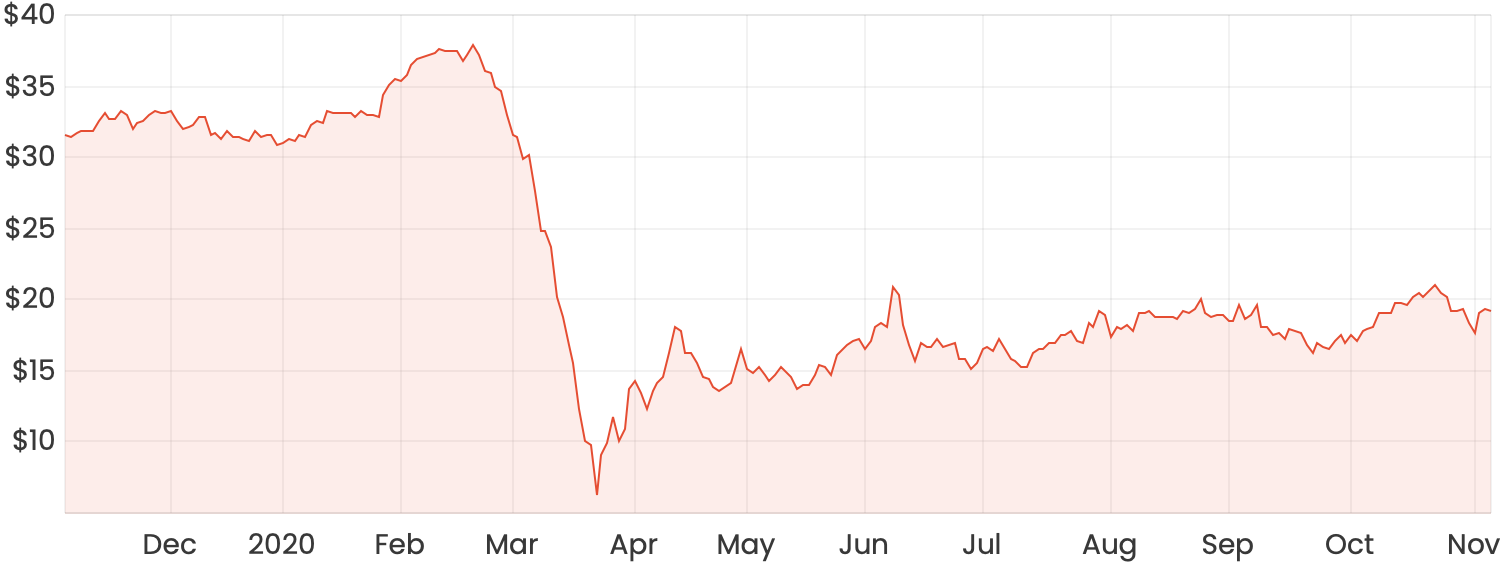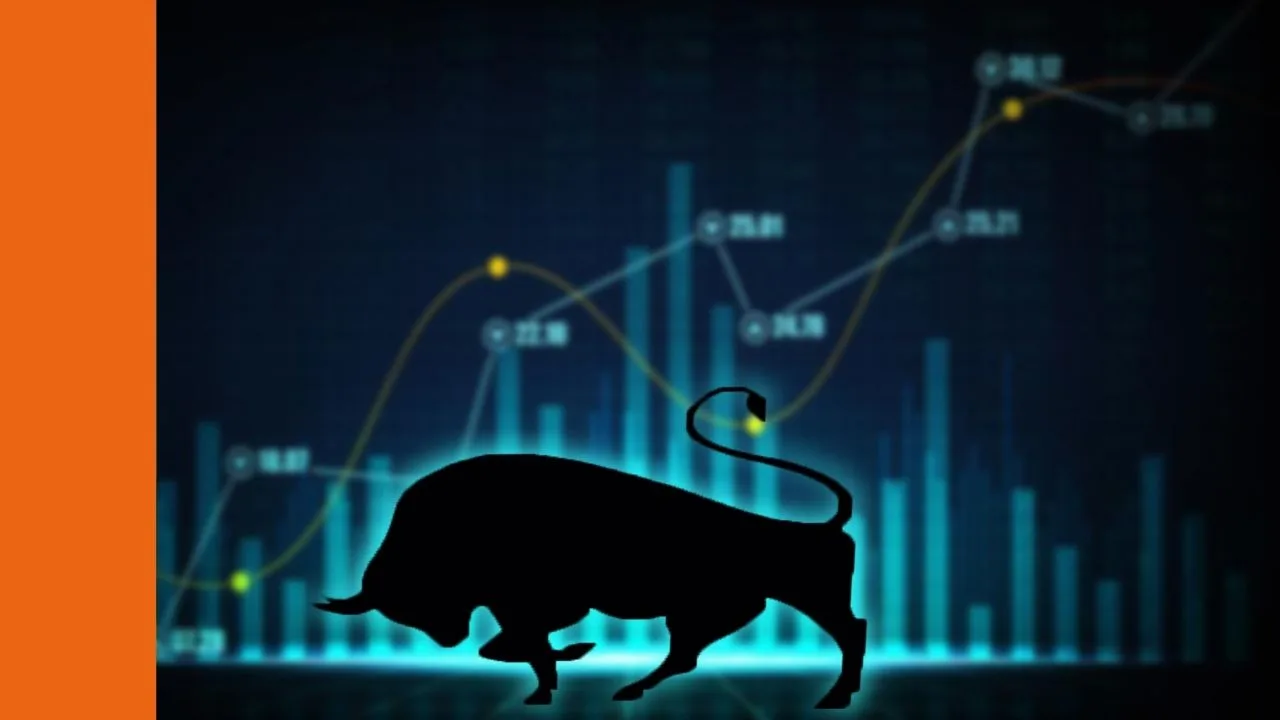The Credit Corp Group Limited (ASX: CCP) share price is still 48% down from its February highs.
Here’s my analysis of the company and why I think this could be a good buying opportunity.
CCP share price chart

What does Credit Corp do?
Credit Corp is Australia’s largest provider of debt purchasing and consumer lending services with operations also in the US, New Zealand and the Philippines. It listed on the ASX in 2000 and currently forms part of the S&P/ASX 200 (ASX: XJO) index.
Credit Corp operates out of three main segments: debt buying and collection, lending, and agency collections. Here’s a quick breakdown on how each segment generates revenue.
Debt buying and collection
This segment is the bread and butter of debt collection. When someone defaults on a credit obligation, such as a credit card or a loan, a company like Credit Corp buys the accounts receivable balance for a fraction of what the face value is.
So, if Credit Corp were to buy a $2,000 credit card debt at roughly 5% of the value ($100), it would then try and collect the full balance from the customer who originally defaulted.
Lending
This is pretty self-explanatory. The company has a few different brands, including Wallet Wizard which offers quick personal loans up to $5,000. A quick browse of the Wallet Wizard website reveals that it charges an annual percentage rate (APR) of 47.8% – doesn’t look like it passed on the recent RBA rate cut.
This vertically integrated model between lending and collection is sneaky, but also smart. It adds an extra level of guarantee on the loans that Credit Corp issues because the company knows that loans can just be added to the collection pile if a customer were to default on their obligations.
The guarantee for collection is further strengthened by having the ability to default list customers as a consequence of non-payment. A default listing appears on a customer’s credit file and can prevent them from obtaining credit in the future.
Agency collections
Also called contingent accounts, this simply means that Credit Corp works on behalf of its clients to collect the outstanding amount, with a percentage fee earned as revenue. It’s different in the fact that Credit Corp doesn’t have ownership of these accounts compared to its main revenue-generating segment.
COVID-19 – headwind or tailwind?
This is the million-dollar question and there are definitely some good points to be made on both sides of the argument. The profitability of the debt collection segment will come down to a couple of main factors, the first being the price paid for the debt ledgers.
As a result of COVID-19, I think it’s logical to assume that more people will default on their financial obligations. This could represent an attractive opportunity for Credit Corp to buy more debt ledgers at discounted prices and then collect on these over the longer term.
Many of the other large players such as Collection House Limited (ASX: CLH) have been going through some financial difficulty lately, which could make debt purchasing less competitive and put further downwards pressure on prices.
I’m personally more concerned about whether customers will be able to repay their accounts once they’ve been purchased by Credit Corp. This shouldn’t be too much of a problem within Australia or New Zealand, but the company does have quite a bit of exposure to the US consumer market. A high unemployment rate and people having less money are two things that just don’t seem to go together well in my eyes in the short-term at least.
Other factors to consider
Debt collection is a highly regulated industry in Australia. These agencies must act in accordance with strict rules set out by the ACCC and run the risk of fines and other penalties if these conditions are not met.
In Credit Corp’s defence, it appears that the company has a strong track record of playing by the rules and meeting compliance standards. So far, the company has never been the subject of any enforcement action by financial regulators such as ASIC.
The company is clearly well managed and it’s even better to see that the directors hold a significant amount of shares themselves. Independent non-executive chair Donald McLay sold $660,000 worth shares at $33 each last year, however this was prior to COVID-19. Since then, multiple directors, including Mr McLay, have been buying shares at the current price of around $19.
Buy/hold/sell?
Credit Corp has a great track record of growing its earnings over time and appears to be well-managed. Shares currently trade at a historically low price-earnings ratio of around 16 which is reflective of the current state of the economy, especially in the US.
If you’re happy to look past the short-term, I think you’d be able to do quite well out of Credit Corp shares coming at it purely from a value perspective.









